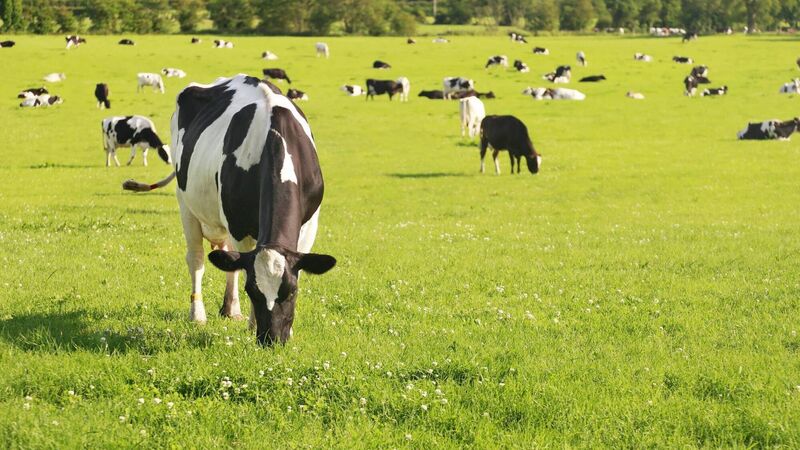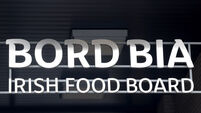Economic value of Cap could halve by 2034 if not linked to inflation, experts warn

Inflation, and the accession of Ukraine, make huge changes necessary if strong support for agriculture as a strategic sector for Europe is to continue, said experts at the Farm Europe think-tank.
The economic value of the EU's common agricultural policy will be more than halved by 2034, and if Ukraine joins the EU, it could claim about 20% of the Cap budget.
Inflation, and the accession of Ukraine, make huge changes necessary if strong support for agriculture as a strategic sector for Europe is to continue, said experts at the Farm Europe think-tank, after the European Commission recently made the first moves ahead of the negotiation of the next EU seven-year budget.











